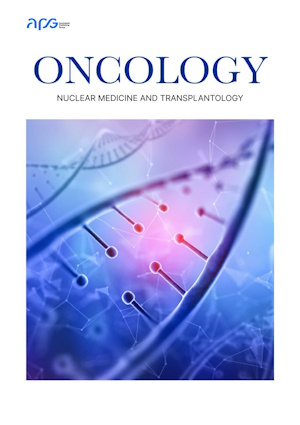
Keyword: Proteomics
1 result found.
Review Article
Oncology, Nuclear Medicine and Transplantology, 1(2), 2025, onmt007, https://doi.org/10.63946/onmt/17300
ABSTRACT:
Spatial tumour heterogeneity, which denotes the changes in cellular and molecular attributes across distinct locations within a tumour, significantly influences cancer diagnosis and treatment resistance. The heterogeneity of tumour cells inside a singular mass facilitates tumour development, metastasis, and the ineffectiveness of standard therapy. Comprehending the geographical distribution of tumour cells is crucial for formulating more efficient treatment regimens. Diverse methodologies are employed to investigate spatial heterogeneity, encompassing modern imaging techniques such as MRI, PET, and multiplexed imaging, alongside omics approaches including genomes, transcriptomics, and proteomics. These instruments offer insights into the tumour microenvironment and facilitate the identification of resistant subpopulations. The amalgamation of imaging and genomic data via radiogenomics has emerged as a viable methodology, providing an extensive perspective on the spatial and molecular intricacies of tumours. Principal findings reveal that spatial heterogeneity fosters medication resistance by establishing microenvironments characterised by varying oxygen levels, immunological infiltration, and genetic alterations, hence complicating the efficacy of monotherapy strategies. Hypoxic environments and immunological evasion significantly contribute to treatment resistance. Addressing geographical heterogeneity has the potential to enhance cancer treatments. By analysing the molecular and geographical characteristics of tumours, physicians can customise therapies more efficiently, minimising resistance and improving therapeutic results. This methodology signifies a vital advancement in precision medicine, providing more individualised and efficacious cancer therapies in the future.


